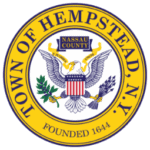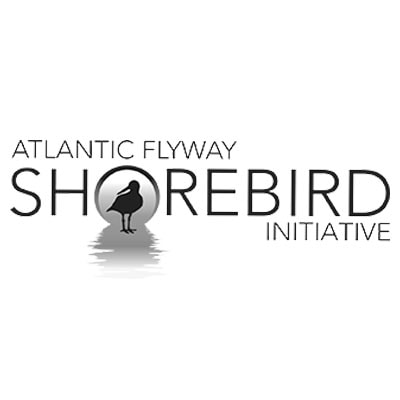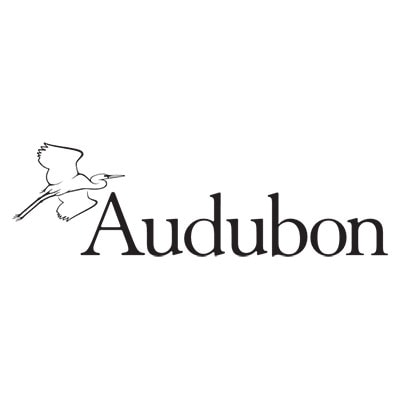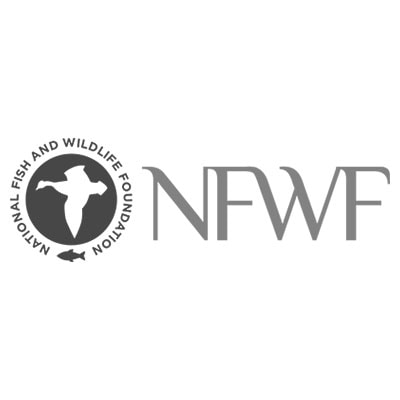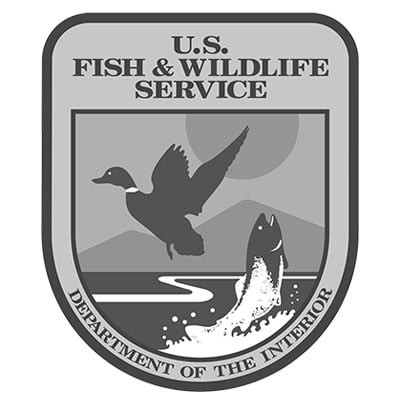Lido Beach
Dog-Free Beaches Keep Tiny Chicks Safe
Even the best-behaved dogs can stress shorebirds on nesting beaches.
photo: American Oystercatcher
Walk Your Dog at a Dog-Friendly Site Around Town
Unfortunately, shorebirds cannot tell the difference between a pet and a predator. Birds often waste energy leading harmless pets away from their nest, leaving an opening for other predators–like crows or gulls–to snatch a quick meal of eggs or even a chick.
Keeping dogs off nesting beaches during the breeding season reduces these interactions and allows birds to focus their energy on the most important things: protecting their nests and chicks from real predators.
Town regulations prohibit bringing pets to Lido Beach and Point Lookout year-round. Please respect our beach rules–especially during this crucial nesting season–and enjoy visiting a dog-friendly site around town, including nearby dog parks, instead.
An Important Place for Birds
Each summer, beach-nesting birds–like the Piping Plover and American Oystercatcher–lay their eggs directly on the sand and raise their chicks right here on the shores of Long Island and NYC!
Lido Beach and Point Lookout, located in the Town of Hempstead, are some of the most productive shorebird nesting sites on Long Island. Lido beach is the number one nesting site for American Oystercatchers and Black Skimmers, one of the top five largest sites for nesting Piping Plovers, and it is home to both Common and Least Terns.
Town of Hempstead was the first recipient of the Audubon New York Share the Shore award for their continued and dedicated work in shorebird conservation.
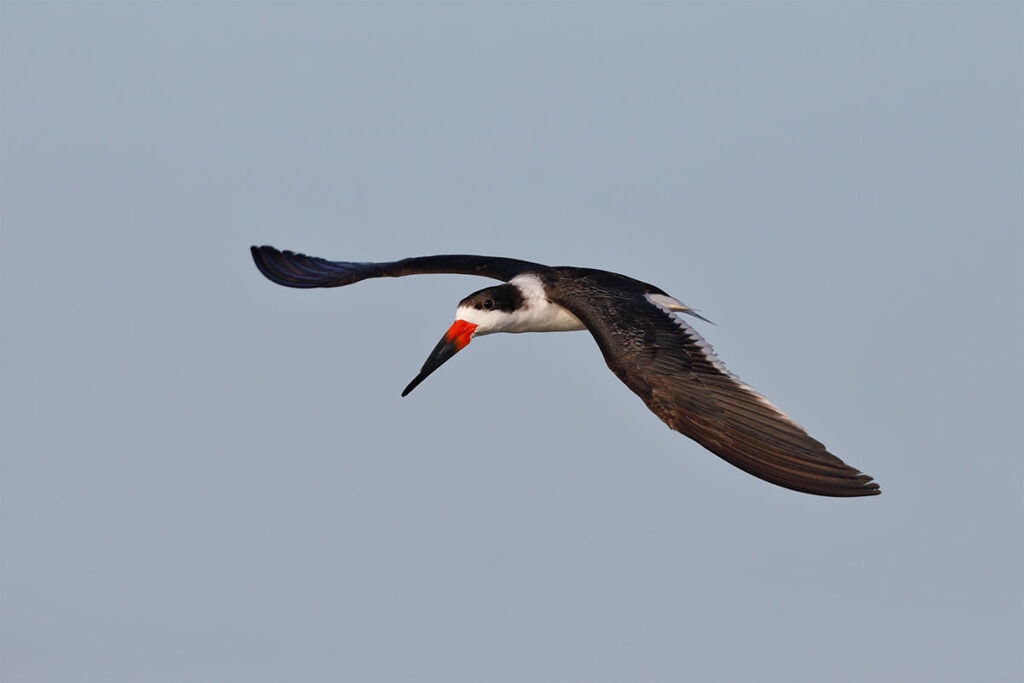
Black Skimmer
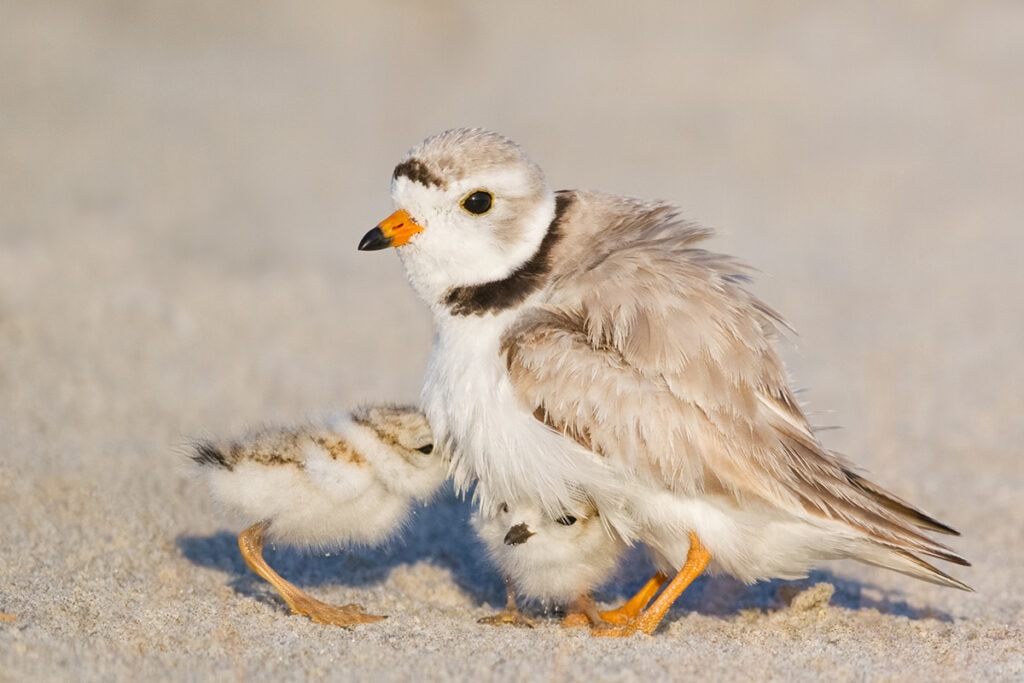
Piping Plover with chicks
Home Sweet Home
Limiting bird disturbance during migration
Hogar Dulce Hogar
Perturbación de las aves migratorias
Cada año, mientras visitamos nuestro destino playero favorito para tomar el sol y divertirnos, las aves playeras y marinas regresan de sus zonas de invernada en el Caribe y América del Sur para comer, descansar, aparearse y criar a sus polluelos en la playa. Estas aves se enfrentan a muchas amenazas durante la migración, como la pérdida de hábitat, cacería, depredación, el cambio climático y perturbaciones humanas que las alejan del alimento que necesitan para sobrevivir.
Pledges
You can show your commitment by signing the pledge to take action for birds.
By pledging to Share the Shore yourself and spread the message to others, you’ll join a united effort of “good eggs”– people just like you who are committed to helping birds.
